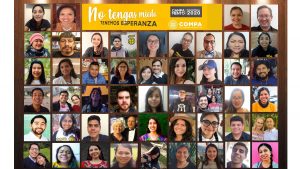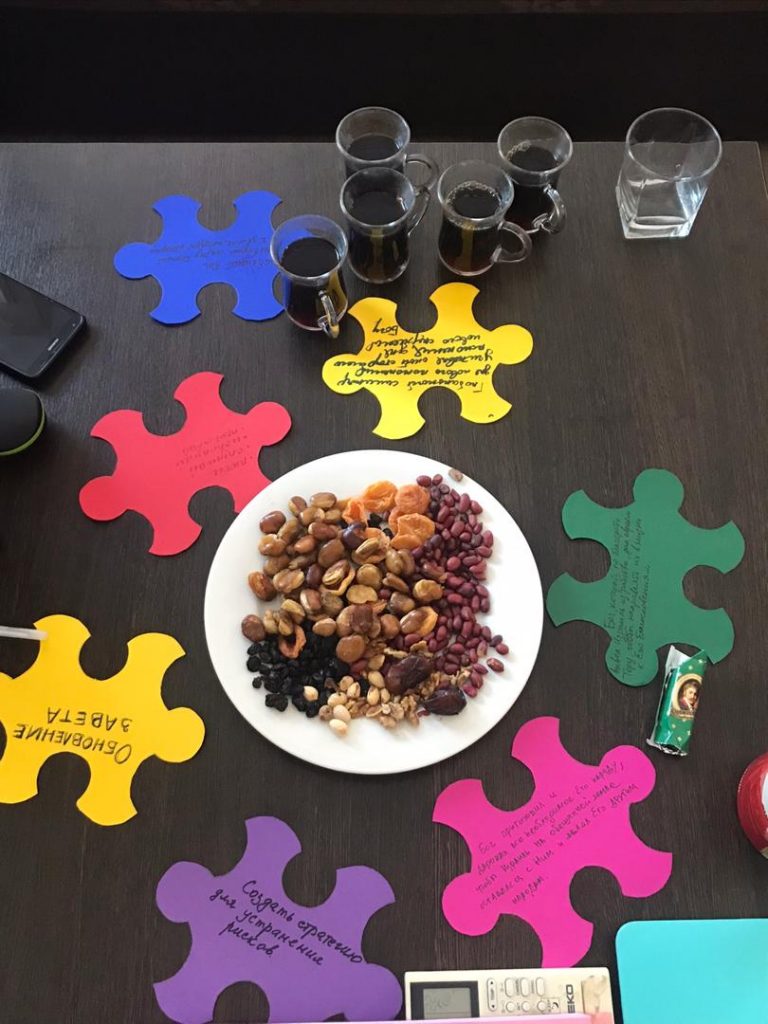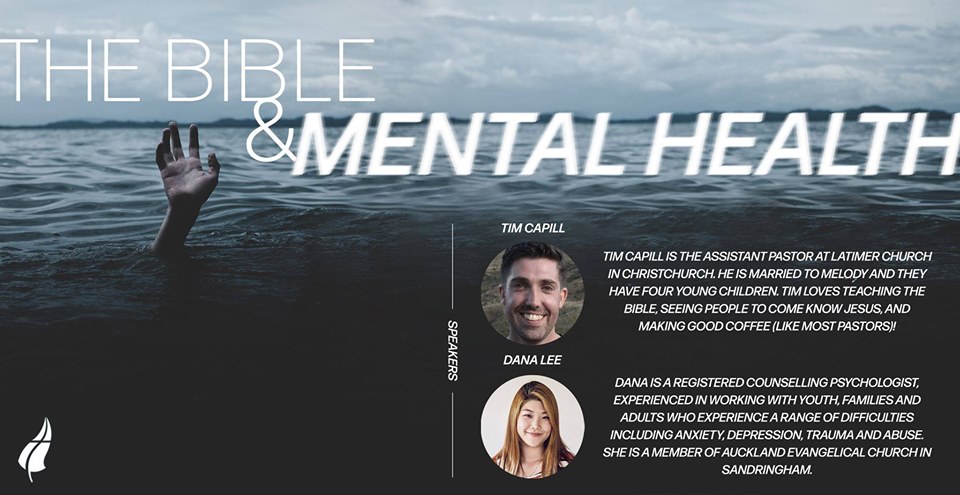 COMPA had scheduled its highly expected National Student Gathering for April 2020. COVID-19 had already ruined some of my plans and turned my last year as a university student upside down. On March 30th, the Mexican health authorities declared a national lock-down and I went from an on-campus student to an on-line student overnight. What would happen to my plans, my dreams, and my goals for this year? Everything was getting cancelled and it was both sad and frustrating. However, I was able to see God’s hand because my family was healthy, and we had resources.
COMPA had scheduled its highly expected National Student Gathering for April 2020. COVID-19 had already ruined some of my plans and turned my last year as a university student upside down. On March 30th, the Mexican health authorities declared a national lock-down and I went from an on-campus student to an on-line student overnight. What would happen to my plans, my dreams, and my goals for this year? Everything was getting cancelled and it was both sad and frustrating. However, I was able to see God’s hand because my family was healthy, and we had resources.
COMPA announced that they would hold the National Camp online. I was very happy to read that and, at the same time, I felt sad that I wouldn’t be seeing my friends from across the country in person. God surprised me by showing me that He gave us a community despite the distance and these convoluted times. Nearly 1,000 people registered and 700 signed up for on-line Bible studies.
When I was asked to host a Bible study, I accepted and I was more than willing to collaborate since I had a bit of experience in on-line Bible studies, as part of the Student National Convention. However, when I learned the book was Revelation, I felt intimidated as it seems hard to read. We were invited to a 3-session orientation event for 50 Bible study leaders. At the first session, we took a trip down this enigmatic book; in the second, we attended an on-line Bible study; and in the third, they expounded on the methodology.
The book of Revelation then went from a daunting text to a ray of hope in times of uncertainty. I loved stepping into their shoes, and, in a certain way, I felt identified with them. As a student, I like to have everything at hand and under control, but I had lost sight of the essential need to love Jesus deeply.
I grew in my love for the Lord because I saw that Jesus was with us in the midst of these new circumstances. This orientation was key, we had visual aids and a guide to manage time, as well as teaching tools.
Back then, hardly any of us were used to using ZOOM, but they made an effort. Although it was a long-distance call, we felt safe because we were connecting around the Bible. We were all afraid of studying the book of Revelation and we needed hope, and God gave us this hope through this enigmatic book. It was great because it was a true introduction to developing our mission on-line during these semesters. God is sitting on His throne and He has surprised us in the midst of this time of uncertainty by providing us with trust and hope.
Zuriel Castro/ Business Management / COMPA Mexico







 “The Word Among Us” is a very valuable resource that we have used as part of our training for new student leaders in Jalisco. This booklet has helped students to have stronger convictions regarding Scripture and to love the Bible more. It has also encouraged and challenged them to live out their faith according to Scripture, and it has encouraged them to trust in the power and impact of God’s Word.
“The Word Among Us” is a very valuable resource that we have used as part of our training for new student leaders in Jalisco. This booklet has helped students to have stronger convictions regarding Scripture and to love the Bible more. It has also encouraged and challenged them to live out their faith according to Scripture, and it has encouraged them to trust in the power and impact of God’s Word.

